Pak Choy Vegetable Seeds
₹145.00 ₹110.00
1 packet contains Pak Choy – 100 seeds.
Description
A cool-season vegetable in the cabbage family, pak choy (Brassica rapa var. chinensis) features a mild flavor perfect for stir fries. Pak choy grows in Sunset’s Climate Zones A1 through 3b and 4 through 24. Pak choy prefers growing in mild temperatures between 60 and 70 degrees.
Lifecycle: annual Timing: Spring crops require good timing and careful pest control. Direct-seeded fall crops are easier to grow. Shape: cushion, mound or clump.
Dispatch Within
3 days
Seeds Specifications
|
Seeds per Packet |
50 |
|
Common Name |
Bok choy, Pak choi, Bok choi, Brassica rapa var. chinensis |
|
Height |
Height: 1 to 2 feet Spread: 1 to 1.5 feet |
|
Bloom Time |
Winter, Spring |
|
Difficulty Level |
Moderately difficult |
Planting And Care
- While not as sensitive to heat and cold as Chinese cabbage, spring crops may bolt prematurely if young plants are exposed to frost or a week of nighttime temperatures below 50 F
- Wait until after last frost date to direct seed or transplant out
- Start transplants inside 4 to 6 weeks before last frost date
- Transplant 6 to 12 inches apart in rows 18 to 30 inches apart
- Use the closer spacings for smaller varieties
- Plant direct-seeded spring crops ¼ to ½ inch deep and about 1 inch apart in rows 18 to 30 inches apart
- Thin to 6- to 12-inch spacings
- Use thinnings in salads
- For fall crops, direct seed ¼ to ½ inch deep in rows 18 to 30 inches apart in summer
- set transplants out at 6- to 12-inch spacings 4 to 6 weeks before first frost
- Mulch fall crops heavily and provide adequate moisture to avoid premature bolting
- Keep plants cool when the weather warms; do not let Chinese cabbage sit in direct sun for more than 8 hours each day
|
Sunlight |
Full sun, part shade, Partial shade can help prevent summer crops from bolting. |
|
Watering |
Pak choy is a shallow-rooted crop and requires frequent watering. |
|
Soil |
Requires well-drained soil, Prefers well-drained, fertile soil high in organic matter, pH 6.0 to 7.5. Can tolerate slightly alkaline soil. Needs plentiful, consistent moisture. |
|
Temperature |
45 to 75 degree C |
|
Fertilizer |
Fertilizer 1 week before planting. Use organic fertilizer in soil. Pak choi is a heavy feeder, so plant in well fertilized beds. |
|
Harvest Season |
It is ready to harvest in 30 days from sowing as baby leaf, or between 45-75 days as semi-mature to full-size heads. |
Pak Choy Special Feature
Health benefits of bok choy
Bok choy is one of the popular leafy-vegetables very low in calories. Nonetheless, it is very rich source of many vital phyto-nutrients, vitamins, minerals and health-benefiting anti-oxidants.
100 g of bok choy contains just 13 calories. It is one of the recommended vegetables in the zero calorie or negative calorie category of foods which when eaten would add no extra weight to the body but in-turn facilitate calorie burns and reduction of weight.
As in other Brassica family vegetables, bok choy too contains certain anti-oxidant plant chemicals like thiocyanates, indole-3-carbinol, lutein, zea-xanthin, sulforaphane and isothiocyanates. Along with dietary fiber, vitamins these compounds help to protect against breast, colon, and prostate cancers and help reduce LDL or "bad cholesterol" levels in the blood.
Fresh pak choi is an excellent source of water-soluble antioxidant, vitamin-C (ascorbic acid). 100 g provides 45 mg or 75 % of daily requirements of vitamin C. Regular consumption of foods rich in vitamin C helps the body develop resistance against infectious agents and scavenge harmful, pro-inflammatory free radicals.
Bok-choy has more vitamin A, carotenes, and other flavonoid polyphenolic anti-oxidants than cabbage, cauliflower, etc. Just 100 g of fresh vegetable provides 4468 IU or 149% of daily-required levels vitamin A.
Pak choi is a very good source of vitamin K, provides about 38% of RDA levels. Vitamin-K has a potential role in bone metabolism by promoting osteotrophic activity in bone cells. Therefore, enough vitamin K in the diet makes your bone stronger, healthier and delay osteoporosis. Further, vitamin-K also has established role in curing Alzheimer s disease patients by limiting neuronal damage in their brain.
Only logged in customers who have purchased this product may leave a review.

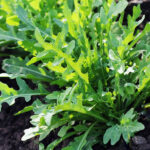
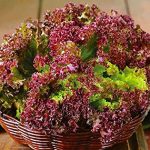


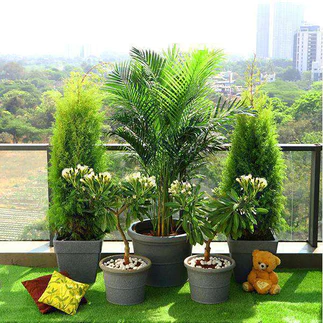
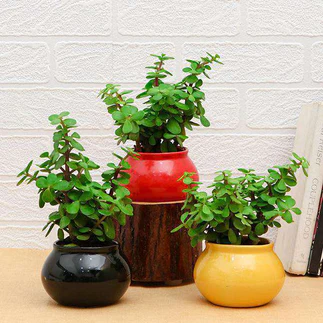
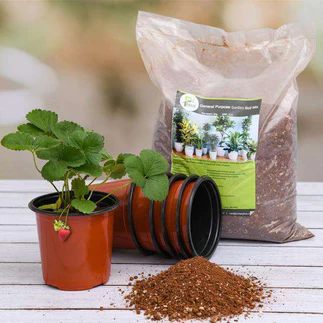
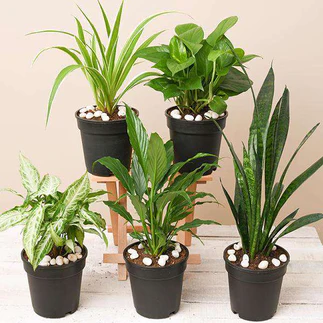
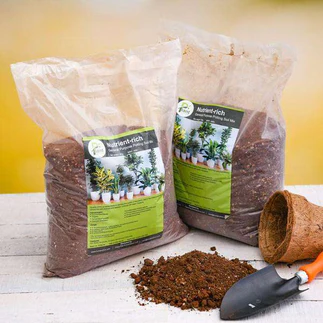

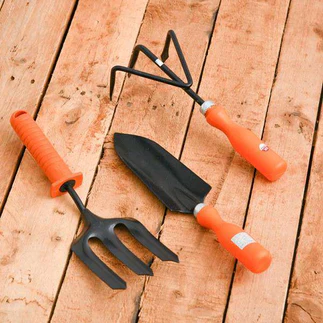
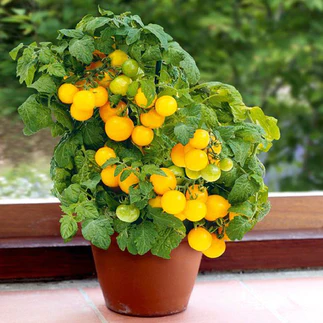
Reviews
There are no reviews yet.